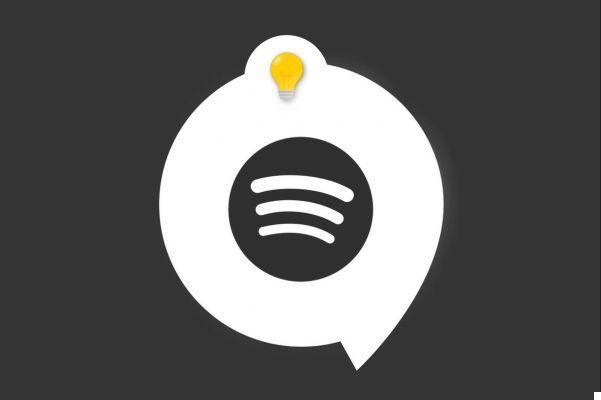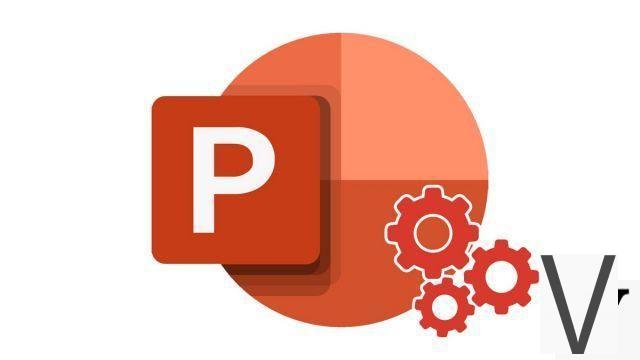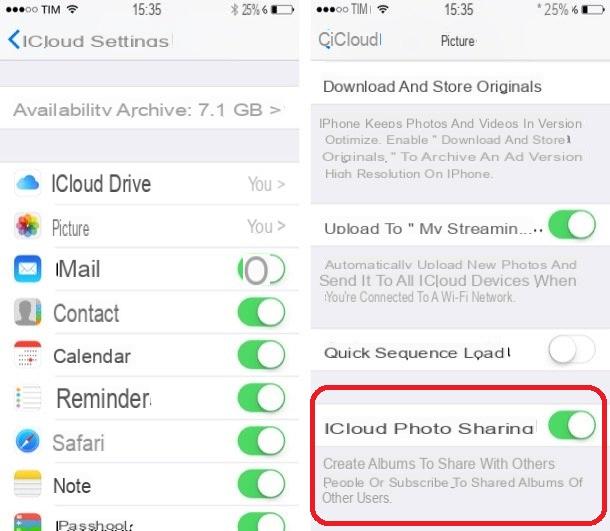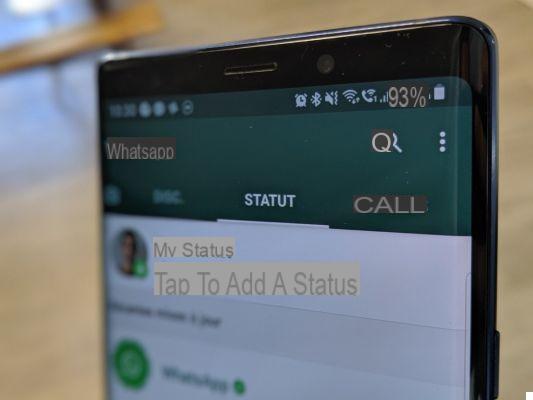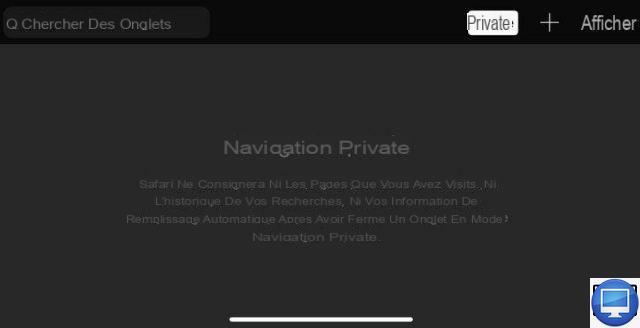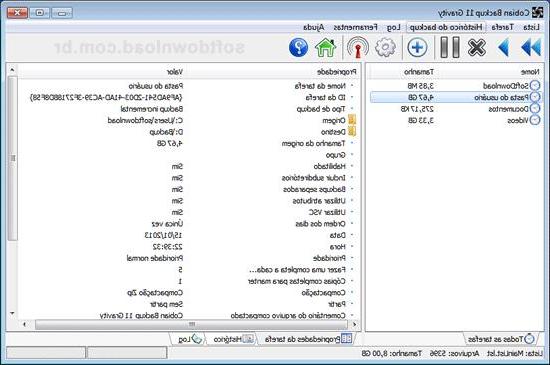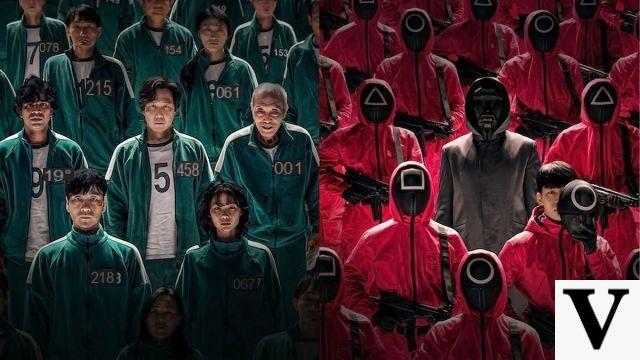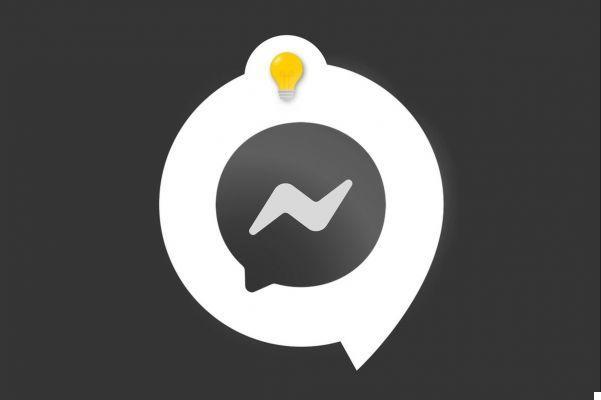With Chrome 79 and 80, Google will go even further to force website publishers to migrate to the HTTPS protocol.
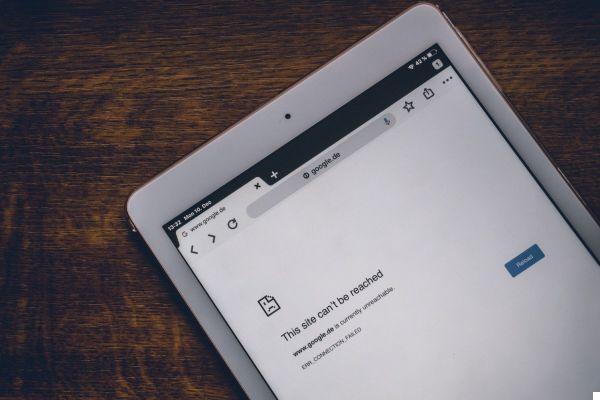
Photo by Jonathan Kemper on Unsplash
The move to Secure Hypertextual Transfer Protocol (HTTPS) has been sped up when players, like Google and its Chrome browser, start marking all HTTP sites as insecure. Google has also taken this protocol into account for the algorithms dedicated to its search engine. Yet, there are still many websites that upload content such as pictures or videos through an unsecured HTTP connection.
The next versions of Chrome will therefore go further in the treatment of "mixed content", that is to say websites that load via HTTPS but use HTTP resources.
Google's plan is progressive blocking through several versions of its browser, starting with Chrome version 79 which will arrive in December 2019. This first step is to add a new setting to unlock mixed content from specific sites.
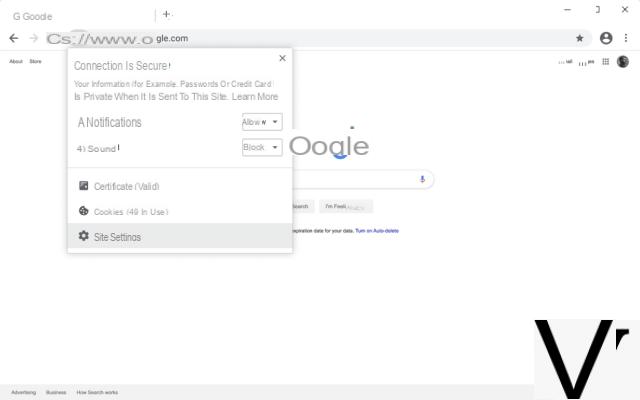
Chrome 79
This setting will apply to scripts, iframes, and other types of content that Chrome currently blocks by default. The setting can be changed directly from the lock icon in the address bar by going to website settings.
With Chrome 80, audio and video resources will be automatically updated in HTTPS. If Chrome fails to load them safely, they will be blocked by default. Users will be able to continue to unlock site settings content in the URL bar, but this will obviously impact the display of some web pages.
As for the images and photos loaded with the HTTP protocol on Chrome 80, they will continue to load, but Chrome will display a "Not secure" warning in the address bar. This should encourage newer publishers to migrate to HTTPS. Chrome 80 is scheduled for Q2020 21, around February XNUMX.
 Update Google Chrome to version 78: two flaws have been discovered
Update Google Chrome to version 78: two flaws have been discovered


Google has discovered and fixed two important operating flaws in Chrome, which it fixed in version 78 of the system. Don't forget to update your browser.





